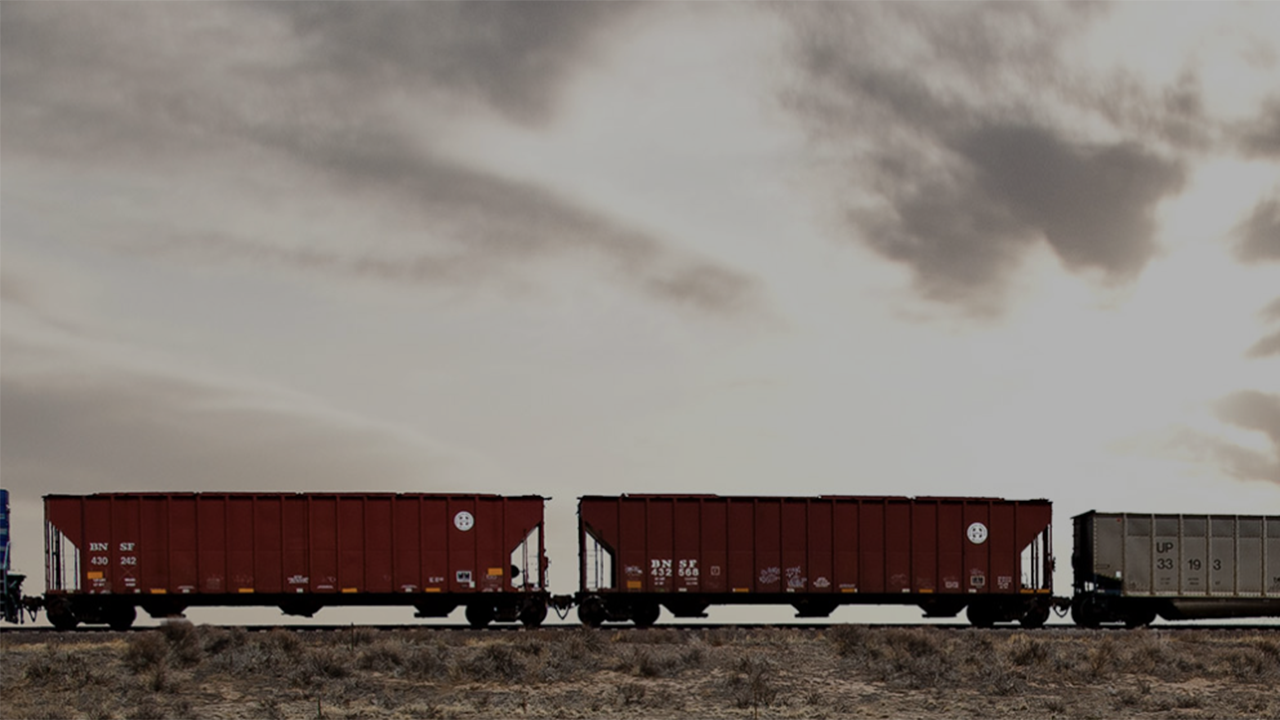-
Employee Tenure and Career Longevity:
- Average employee tenure at major U.S. freight railroads is more than double that of comparable industries.
- Reflects the rewarding, long-term careers common in the rail industry.
-
Wage and Compensation Milestones:
- Annual salary adjustment on July 1, 2024, further increases already high pay and benefits.
- Pre-2022 agreements, Class I rail employees were among the highest-paid U.S. workers.
- Recent agreements resulted in a historic 24% wage increase over five years (2020-2024).
-
Current Salary and Benefits:
- Most Class I rail employees will earn between $90,000 to $140,000 annually, averaging $111,000.
- Total compensation packages (including health, welfare, and retirement benefits) now range from $135,000 to $190,000, averaging $160,000.
- 2022 agreements provided an immediate impact with $11,000 average payout upon ratification and $5,000 in bonuses over the contract duration.
-
Healthcare Costs:
- Despite rising medical costs, rail employees' out-of-pocket healthcare expenses and premiums remain low.
- Family coverage costs about $300 per month, compared to the $550 average in other industries.
-
Collaborative Efforts:
- The five largest Class I rail carriers have secured over 50 new local agreements since the last national negotiations.
- Agreements include better scheduling predictability and paid sick leave for over 93% of craft employees.
-
Career Opportunities:
- Freight railroads offer diverse career paths for various education levels.
- Many employees have family ties in the industry, reflecting multi-generational career opportunities.
- Average tenure in the industry is significantly higher than in comparable fields, indicating job satisfaction and long-term career viability.
-
National Railway Labor Conference (NRLC):
- NRLC represents all U.S. Class I freight railroads and many smaller lines in national negotiations.
- The recent negotiation round concluded in late 2022, covering over 30 railroads and 100,000 employees.
- NRLC manages industry-wide health and welfare plans, handles labor issues before federal agencies and in courts, and provides rail management training.
- Formed in 1963, based in Washington, D.C. since 1968.

{This summary covers the key facts and insights from the original article, offering information about rail employees reaching new pay and compensation milestones.}